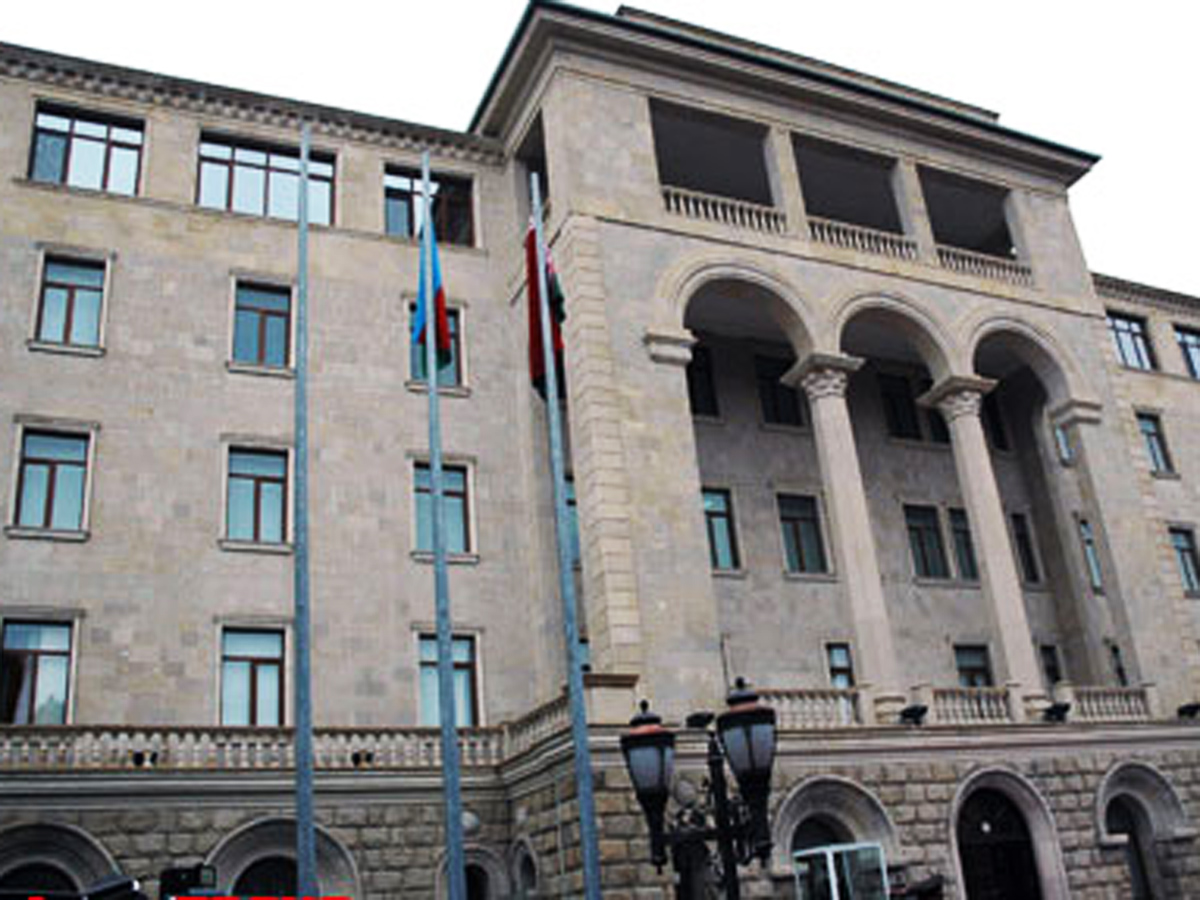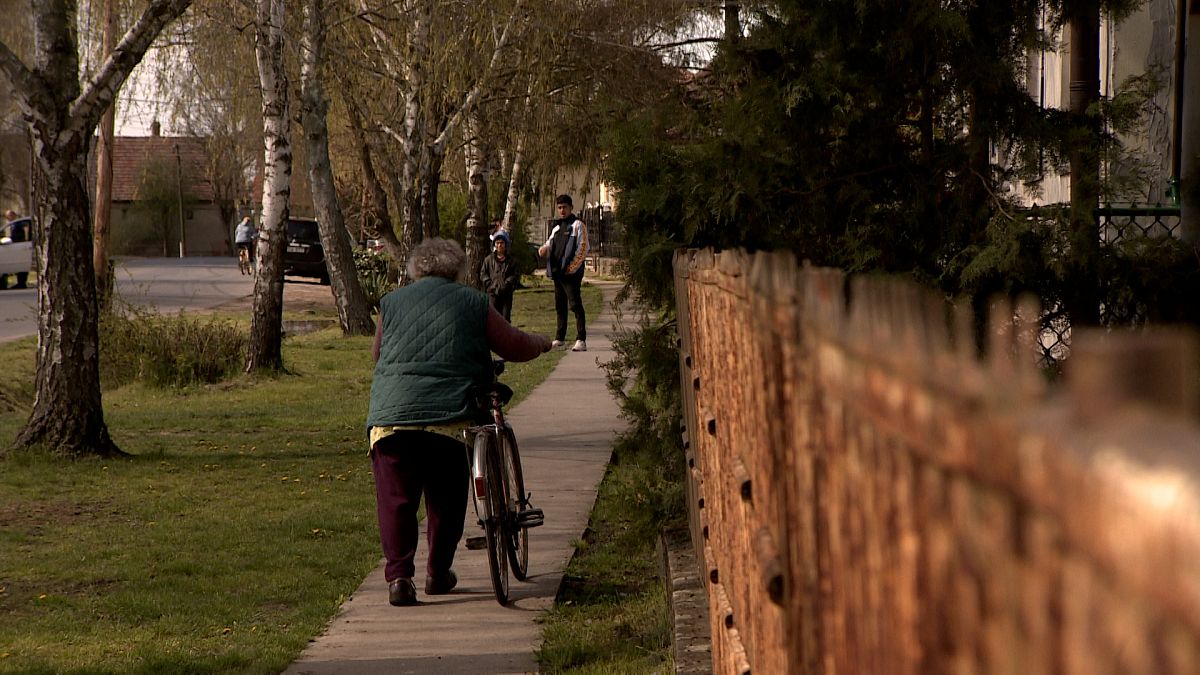Belgiam (Brussels Morning Newspaper): On the 6th of January 2025, Belgian Justice Minister Vincent Van Quickenborne tendered an apology to the family of Julie Van Espen, who was murdered by a gang in 2020. This official apology was made against the backdrop of the dead former rebels’ families grumbling over the handling of the case by the authorities.
Justice Minister Vincent Van Quickenborne apologised during a press conference, saying that such a tragedy requires both effective response and care. This action should, in a way, comfort the family as they continue to mourn the death of their dear one.
On January 6, 2025, Belgium’s Justice Minister Vincent Van Quickenborne apologised to the family of Julie Van Espen, who was murdered in 2020, acknowledging shortcomings in the case’s handling and emphasising the need for reforms in victim support services. Julie Van Espen was a young woman whose life was in this regard; she was a young woman whose life was recently lost to gruesome murder under very unpalatable circumstances, thus provoking the public and consequent clamour for justice. It elicited a lot of discussion on the effectiveness of the courts in the determination of violence-related offences. Minister Van Quickenborne also apologised to Julie’s family for the burden he put on them today or for the possibility that the investigation was less than perfect. Again, he mentioned that changes were needed for justice to be given a chance to reform so that the victims and their families could be supported. The minister also spoke of further reforms carried out in the sphere of the justice system with the purpose of increasing the quality of victim support and improving cooperation between officials and families. Lawyer Stijn Verbist called the verdict ‘historic’. ‘Personally, I think it is time for apologies,’ he said.
The Impact of Julie Van Espen’s Case on Society
It has been many years since the death of Julie Van Espen provoked discussions about the violence against women and changes in the way such cases are treated in Belgian society. Support from advocacy groups has come forth for her family, asking for more awareness on preventing issues of domestic violence. The public response, as a result, has caused increased focus on police and judicial processes pertaining to violent crimes and the need for early intervention with regard to support for victims.
As a result, different organisations have developed programs intended to inform people regarding abuse at home and lobbying for legal reforms that would strengthen citizens’ protection. The government has also been called upon to provide more funding for accelerating training for police officers for cases of violence against women. While Belgium tries to deal with these important problems, the case of Julie Van Espen destroyed every optimistic refusal to work against gender-pure violence and shows that social changes in the justice system are always necessary to help victims and their families.



















Discussion about this post